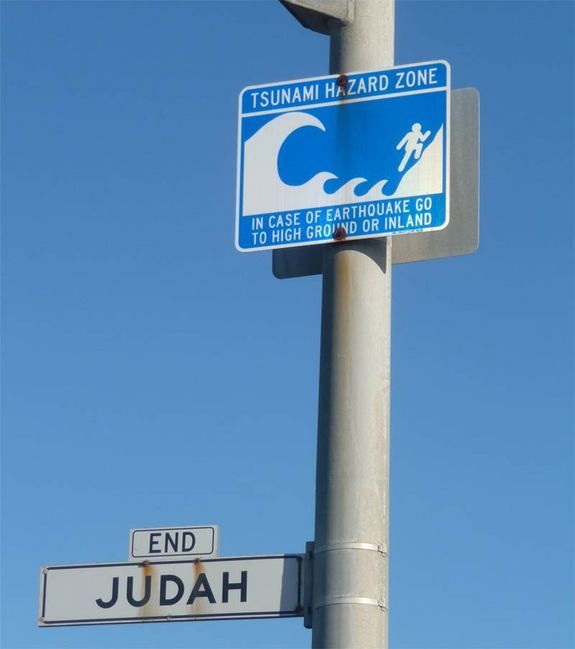
Fake Tsunami Tests Atlantic Warning Systems

A faux tsunami will strike shorelines throughout the northeast Atlantic Ocean and the Mediterranean Sea today (Nov. 27) and tomorrow. The simulation is a test of a new early warning system for the region being run by the United Nations Organization for Education, Science and Culture (UNESCO).
The exercise, called NEAMWave12, will involve 19 of the 39 countries that count themselves members of the early warning system, according to UNESCO. The simulation will test communication systems designed to receive warning signals and, in some countries, the ability of government agencies to handle such monster waves. Though no waves will be created, emergency personnel will model a response to a real tsunami.
Although tsunamis are not common historically in the North Atlantic or Mediterranean, they can happen. The waves would most likely come from the Azores-Gibraltar Transform Fault, off the coast of Portugal, a UNESCO release notes. One massive earthquake along this fault in 1755 destroyed most of Lisbon and created a tsunami recorded as far away as Brazil.
And on Dec. 28, 1908, a 7.1 earthquake struck near Messina, Italy, creating a tsunami the killed tens of thousands, UNESCO said. It likely resulted from an underwater landslide set off by the quake, according to a 2008 study. Another tsunami, in May 2003, struck the shores of Algeria and Spain's Balearic Islands with waves from 3 to 9 feet tall (1 to 3 meters). These waves, also felt in ports on the French Riviera, came from a 6.9-magnitude earthquake just off the coast of Algeria.
The nearby Canary Islands, off the coast of Morocco, also present a possible hazard. One large volcano on the island of La Palma, called Cumbre Vieja, could erupt, collapse and create a large tsunami capable of reaching Western Europe, the Mediterranean and possibly even the U.S. East Coast.
The countries participating in the test are Cape Verde, Croatia, Denmark, Egypt, Finland, France, Germany, Greece, Ireland, Israel, Italy, Lebanon, Malta, Monaco, Netherlands, Portugal, Spain, Sweden and Turkey.
UNESCO also coordinates early warning systems in the Indian and Pacific Oceans and the Caribbean Sea.
Sign up for the Live Science daily newsletter now
Get the world’s most fascinating discoveries delivered straight to your inbox.
Follow OurAmazingPlanet on Twitter @OAPlanet. We're also on Facebook and Google+.











